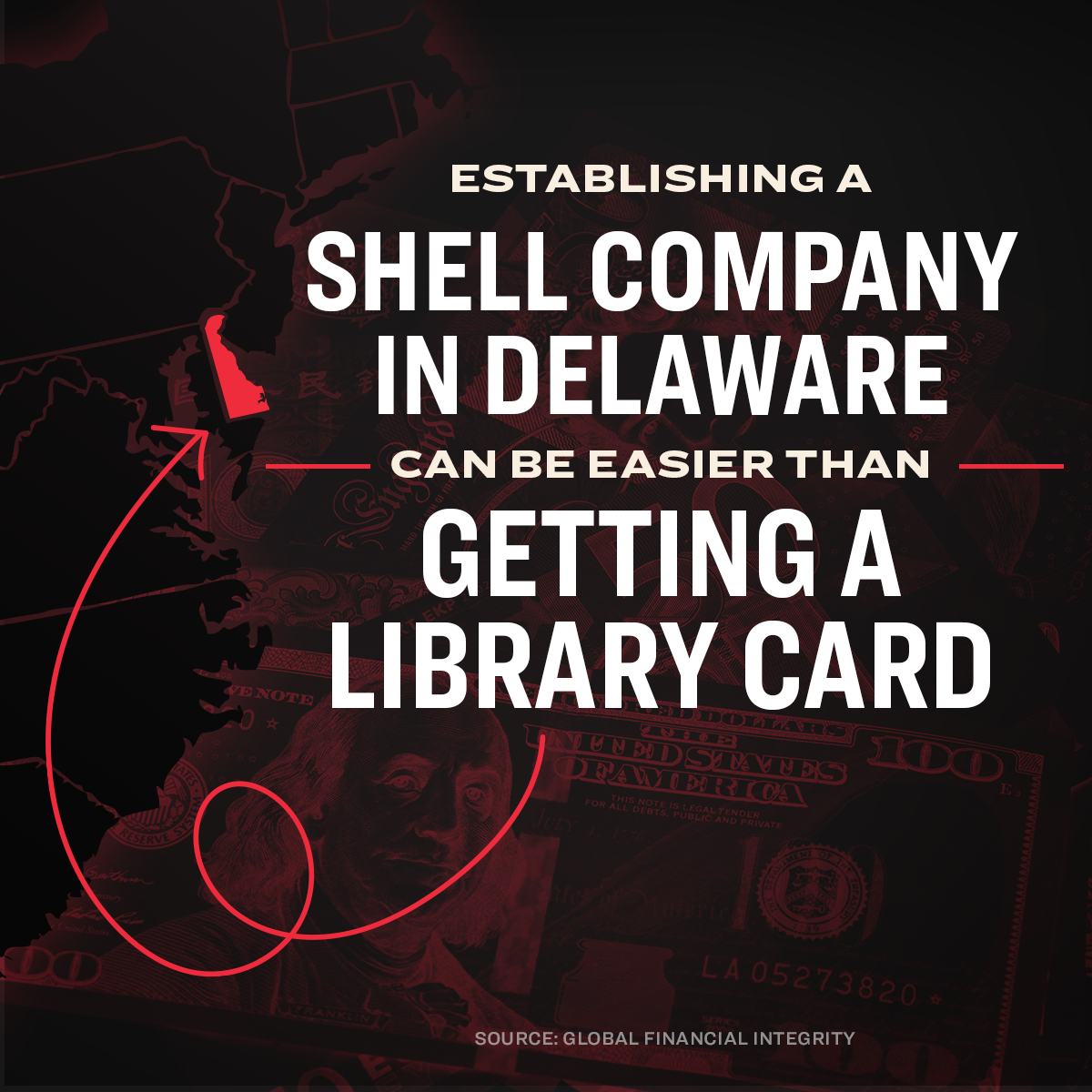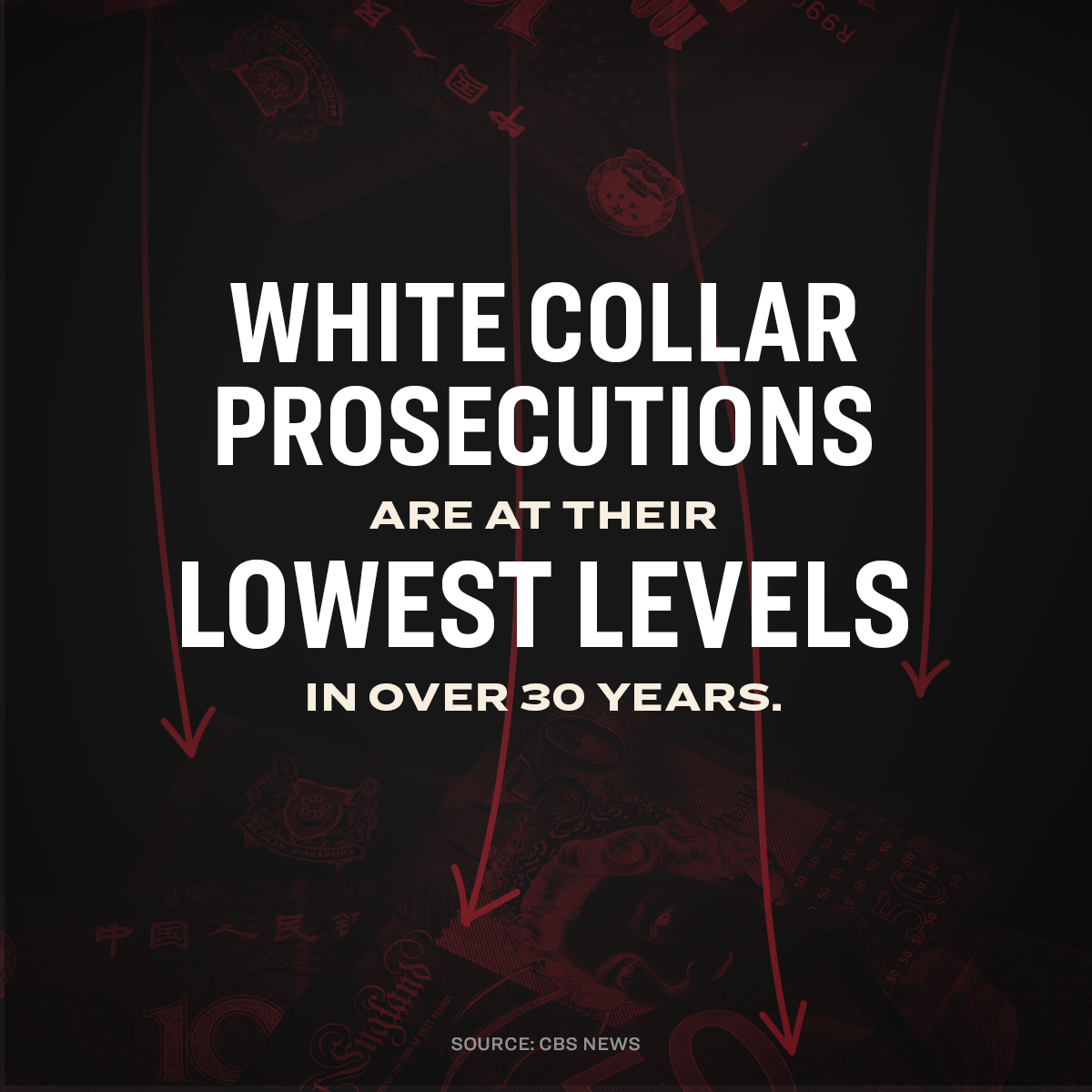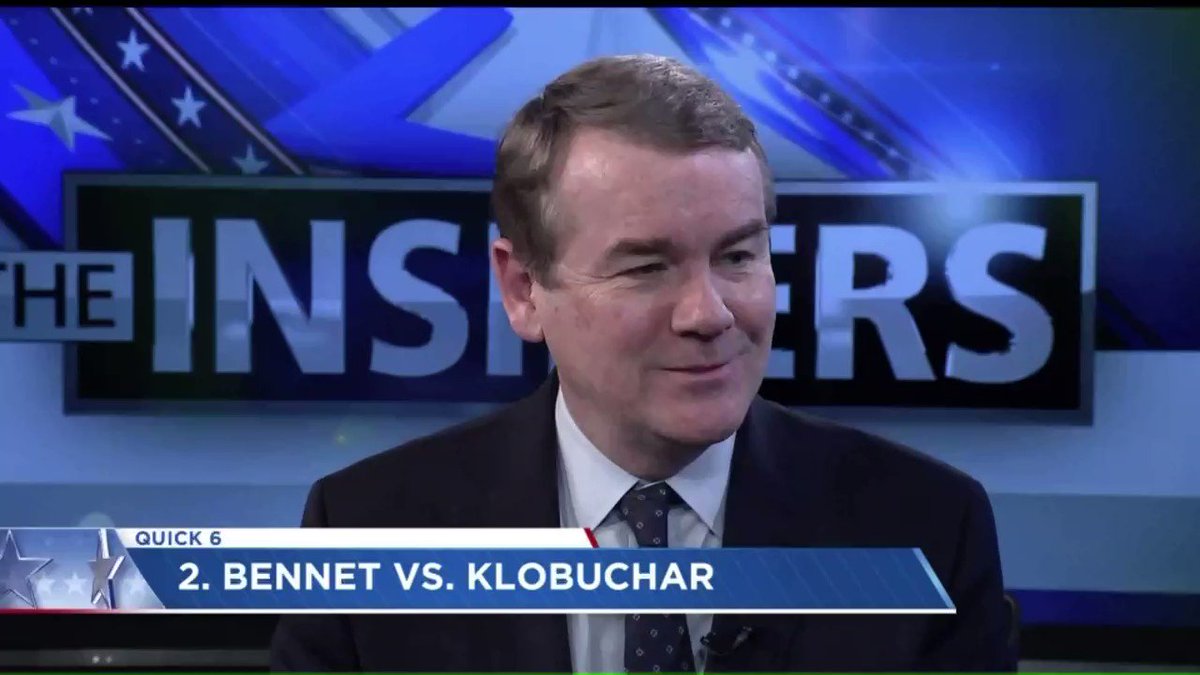When the Panama Papers were released in 2016, the world learned how Russian president Vladimir Putin had channeled billions
from state-owned banks and companies to his friends and relatives. A
distant cousin with a mid-level job at a shipping company, a childhood
friend who worked as a butcher - all with hundreds of millions in
mystery assets parked offshore in their names.
But Putin isn’t alone in using shady financial tactics to mask his corruption.
The Panama Papers also revealed that family members of eight current or former members of China’s politburo,
including the brother-in-law of current president Xi Jinping, stashed
wealth in offshore companies. The prime minister of Pakistan’s children
were linked to luxury flats in London owned by an anonymous offshore trust. The soccer star Lionel Messi and his father created a Panamanian shell company to evade taxation. The prime minister of Iceland was caught sheltering assets in a secret offshore company and forced to resign.
And the Panama Papers were just the tip of the iceberg.
When corrupt government officials stole over $4.5 billion from a Malaysian state development fund?
They stashed the money in overseas shelters.
When the notorious Russian arms dealer Viktor Bout needed to finance his deals? He set up shell companies in Delaware.

And when President Trump’s former campaign manager Paul Manafort wanted to disguise illicit gains he made for unregistered lobbying on behalf of Ukraine? He stashed it in real estate in his wife and daughter’s names or owned by shell companies.
What
all these cases have in common is the use of legal loopholes and
shadowy financial middlemen to obscure assets, or in some cases the
proceeds of criminal activity, from law enforcement and government
oversight.
In total, laundered money represents 2 to 5 percent of global GDP, or as much as $2 trillion
annually. And the flow of illicit money and lack of financial
transparency are not just problems for developing countries or systems
exploited by autocrats - they also affect the United States and its
interests around the world. Dark money is used to bankroll repressive
and hostile regimes. Illicit networks foster corruption, inequality,
kleptocracy, and financial crime. Shell corporations, complex money
laundering schemes, and inadequate international financial controls
enable nuclear proliferation, terrorism, drug and human trafficking, and tax avoidance. All are major threats to our security, our democracy, and our way of life.
Rather
than fighting for transparency, Donald Trump has spent his career
embracing shady deals. Trump has repeatedly partnered with shady actors on real estate deals that reek of money laundering, corruption, and fraud. More than one-fifth
of all Trump’s U.S. condo sales since the 1980s have been all-cash
transactions with shell companies - red flags that often indicate money
laundering. At one of Trump’s towers in Florida, more than 60 percent of its units are owned by shell companies. And it doesn’t stop with real estate - over half
of Trump’s more than 500 companies are registered in Delaware, taking
advantage of state loopholes that exempt LLCs from publishing their
financial information or disclosing their ownership structure.
And Trump isn’t alone in exploiting legal loopholes. Tax avoidance by the wealthiest Americans has spawned an entire industry of accountants, lawyers, and other enablers. This diverts hundreds of billions
from the U.S. Treasury each year - money that could be used to invest
in our schools, our infrastructure, and our democracy - and much of it
is legal. And unfortunately, moving dark money in our country is all too
easy. In fact, in some U.S. states, establishing a shell company to
launder money is “easier than getting a library card” and never requires proving one’s identity.
I’ve introduced the most ambitious set of domestic anti-corruption reforms
since Watergate to clean up our government. But we must go further. Our
domestic challenges are compounded by a global network that connects
secretive shell companies, complicated trusts, middlemen and enablers
that specialize in papering suspicious transactions, and states and
countries that profit from a lack of transparency. To truly root out
corruption, we must also tackle the flow of dark money around the world.
That’s
why today, I’m introducing my plan to fight global financial corruption
by reforming our global financial system, cracking down on shady
practices by the ultra-wealthy, and preventing corruption at home and
abroad.
Fighting Financial Corruption At Home
Financial
corruption is a global problem - but the solutions start here at home.
The United States is at the center of the global financial system and
shapes global financial rules. And as long as countries, companies, and
people want to access our markets and our dollars, we have leverage to
strengthen global transparency. Here’s what we can do.
Require
“beneficial ownership” disclosure. Shell companies - businesses that
mask their beneficiaries or that exist only on paper-- allow individuals
to hide both their identities and the origins of their money. And as
long as U.S. laws and regulations do not require the disclosure of
information about a company’s owners, other U.S. efforts to tackle
financial crime will suffer: our rules will be undermined, and other
countries will continue to use that as an excuse to avoid tightening
their own rules.
I’ll
work with Congress to enact anti-money laundering reforms and update
basic financial integrity requirements designed to fight illicit
financial transactions, including collecting standardized identifying
information about the ultimate beneficial ownership of every corporate
entity created across the country. This will increase law enforcement’s
understanding of the web of companies operating in the United States,
and help to end our country’s status as a global facilitator of money
laundering. And while we should encourage innovation in financial
technologies, like cryptocurrencies, we must also ensure they are not
used for money laundering.
Gather better data on cross-border financial flows. While
the United States is central to the global flow of payments, we have
too little information on the money coursing through our system,
including laundered money and criminal assets.
To
increase oversight and control over payments, a Warren administration
will issue rules requiring U.S. financial institutions to report
information about individual cross-border payments, and seek legislation
to allow financial institutions to obtain information on the true
beneficial owner of a foreign entity involved in a payment. More and
better data
will help highlight and uncover patterns of malign activity and deter
bad actors from using the global financial system. And the combination
of beneficial ownership reforms and more cross-border transaction
reporting will force more opaque jurisdictions to improve their
practices, raising global standards.
Expand anti-bribery law authorities. U.S. companies working abroad are prohibited
from paying bribes to win a contract or do business. This requirement
protects the integrity of American companies and ensures that they can't
engage in corruption abroad or bring it back to the United States - but
the law does not go far enough to protect American workers abroad who
want to do the right thing and refuse to pay bribes demanded by foreign
officials. And our laws only penalize U.S. companies that pay the
bribes, not the foreign officials who demand and take them.
A
Warren administration will work with Congress to expand our ability to
hold accountable foreign officials who extort American companies. I’ll
assign Foreign Service Officers to focus directly on addressing
corruption in countries at the highest risk. And I’ll work with Congress
to toughen anti-bribery laws to make sure that the bribes extorted and
paid outside of the United States, even when there is no U.S. company
involved, cannot be laundered through our banking system. These steps
will send a strong signal to the world that the United States will not
tolerate corruption or enable foreign criminals to hide their ill-gotten
gains in our financial system. It will also make U.S. companies and
their employees more competitive and resilient in demanding transparency
and fair dealings in their work abroad.
Promote
international cooperation to combat tax evasion. A Warren
administration will prioritize coordinating global efforts to crack down
on tax evasion. The Obama administration’s Foreign Account Tax
Compliance Act (FATCA) was a big step in the right direction, and I will
build on it as president. My trade plan
commits to using America’s leverage to press for more international
coordination on tax evasion, including by requiring other countries to
join global tax evasion efforts as a precondition of securing a special
trade deal with America. I am also committed to substantially increasing
funding for the IRS so we can enforce the laws we already have and make
sure the rich are paying what they owe. Finally, my Ultra-Millionaire Tax
is specifically designed to reduce opportunities for avoidance and
evasion, imposing a minimum mandatory audit rate for the wealthiest
taxpayers and a hefty “exit tax” if extremely wealthy American citizens
try to avoid the tax by renouncing their American citizenship.
Expand and institutionalize real estate disclosure requirements. While foreign investment has dipped in the face of Trump’s trade wars, U.S. real estate remains attractive
for illicit money from all over the world. It’s a stable investment
that generally maintains or grows in value - and it gives corrupt
oligarchs and dictators a potential escape route if they’re ousted from
their home countries. But this money drives out honest purchasers and
makes cities hotbeds for dirty, unproductive cash. In one part of New
York City, for example, the Census Bureau estimated that 30 percent of apartments are unoccupied most of the year.
As
president, I’ll make permanent existing requirements to identify and
disclose owners to authorities, including through Geographic Targeting
Orders, which can be issued to require financial institutions to report
to the Treasury on any transaction above a specified dollar amount
within a specified geographic area. And I’ll broaden the locations and
the types of real estate covered by disclosure requirements.
Update campaign finance laws to limit foreign interference and bring dark money into the light. Citizens United cleared the way for massive super PACs and dark money organizations
to funnel hundreds of millions of dollars into our politics on behalf
of largely unknown donors. And while federal law prohibits foreign
individuals from contributing to campaigns, a loophole still allows foreign-owned or foreign-funded companies to influence American elections. The results are predictable: a Chinese-owned company that bought its way into the 2016 Republican primary; Russian nationals and Kremlin-connected businesses that spent money on an expansive effort to use internet ads to influence American public opinion. And none of this violates existing campaign finance laws.
I have a plan to get big money out of politics by closing the existing loopholes by prohibiting U.S. subsidiaries
of foreign companies, firms with meaningful foreign ownership, and
trade associations that receive money from those entities from spending
money in American elections. My plan will also modernize campaign
finance law for the digital age by including internet ads in rules
regulating electioneering communications. And to bring dark money into
the light, every organization that makes an election-related expenditure
- including dark-money organizations - should be required to promptly
disclose their large donors. Super PACs and other dark money groups must
provide enough information about the sources of their money that the
American people can trace it back
to the ultimate individuals and entities that are funding them - not
just the shell organizations used to conceal those sources. We must
overturn the Supreme Court’s decisions in Buckley v. Valeo and Citizens United
through a constitutional amendment in order to end the corruption of
our campaigns and elections. But we can take steps right now to increase
transparency and ensure that foreign governments and companies are
unable to influence our elections.
Expand
enforcement against financial institutions. For too long, we’ve
threatened to punish major international banks, but failed to follow
through when clear evidence of wrongdoing surfaced. Settlements are
often just slaps on the wrist - when Mexican drug cartels allegedly used
accounts at Wachovia to launder at least $373 billion,
for example, the bank only had to pay $160 million, less than half of
one percent of the money laundered. And under the Trump administration,
white collar prosecutions have dropped to their lowest levels in over 30 years.

My anti-corruption plan
will shut the revolving door between financial institutions and the
regulators who are supposed to oversee U.S. transparency and
money-laundering efforts. Giant banks will be banned from hiring senior
government officials for four years after those officials leave office.
My plan will also prevent financial institutions from using
industry-funded fake research to mislead federal regulators during the
rulemaking process – and subject them to potential prosecution if they
mislead regulators with “research” they know to be false. And I’ll make
enforcing existing transparency and anti-money laundering laws a major
priority for a Warren Treasury and DOJ.
Clamp
down on dark money enablers. U.S.-based enablers are often just as
responsible for corruption as the kleptocrats whose money they manage.
The international flow of illicit money thrives thanks to the lawyers,
financial services providers, accountants, and real estate services
providers who bridge the divide between the dark economy and the clean
one. They do so through “layering,” creating a maze of bank accounts and
shell companies offshore and in the United States, until the original
source of the funds is entirely obscured. For example, when the
anti-corruption watchdog Global Witness asked several law firms
how to anonymously move significant sums of money in ways that should
have raised major red flags, in all but one case the lawyers offered
suggestions on how to do it. Moreover, big financial players like hedge
funds and private equity firms are untouched by many anti-money
laundering regulations - as are real estate service providers servicing
all cash deals and company formation agents.
The Trump administration has largely looked the other way
on these issues. That ends when I’m president. I will immediately issue
rules to ensure that all available tools are fully deployed against the
enablement industry, closing gaps that allow service providers to
profit off gray areas. And once these new regulations are in effect,
we’ll impose stiff penalties when service providers break them.
Fighting Financial Corruption Abroad
The
global financial system is only as strong as its weakest link. While we
have much to do to get our own house in order, American regulators
cannot succeed by working alone; we need to take a stronger stance on
financial transparency internationally as well. My administration will
be committed to a multilateral approach to financial transparency,
working aggressively with allies and international institutions willing
and able to collaborate in this fight.
Work
with partners. Corruption and illicit finance are worldwide problems,
and we’re not alone in wanting to fight these dangers. My administration
will make transparency and reasserting control over finance a central
plank of its multilateral and bilateral agendas. We’ll use our leverage
at international financial institutions like the International Monetary
Fund and the World Bank to help strengthen countries’ legal frameworks
against money laundering, and make strong anti-money laundering legal
frameworks a central requirement for receiving assistance from
international financial institutions. We will also seek to combine
efforts with other countries concerned about these issues - in Asia, for
example, our allies are natural partners in tightening money-laundering
laws to address the financing of North Korea’s nuclear program.
Aligning goals and, where possible, rules, will close out the gaps
between jurisdictions that bad actors are so skilled at exploiting.
Keep
a scorecard. The United States is a major market and a sought-after
trading partner. We can use this status as leverage in the fight for
financial transparency globally. I’ve already established a set of standards
countries must meet as a precondition for any trade agreement with
America, including recognizing core labor, climate and human rights
commitments. But to ensure that American companies and American workers
can compete fairly around the world, we must address corruption and
financial transparency as well. Working with the international Financial
Action Task Force, the inter-governmental watchdog, a Warren
administration will also maintain a list of minimum required
anti-corruption laws, policies, and standards that countries must have
in place to receive preferential treatment from the U.S. government in
trade and other agreements. We’ll phase in these standards and work with
partners to meet them, including by providing incentives for countries
making meaningful progress.
Expand
technical assistance. Tracking and fighting corruption and illicit
finance takes resources, experience, and expertise. The United States
has all three - but some countries lack the capacity to bolster the
soundness of their financial system even when they want to do so. A
Warren administration will work with partners and allies to raise
standards and conduct enforcement. In partnership with international
institutions, we will invest in assisting counterparts abroad with model
laws and policies, training on the ground, and continued monitoring to
help stand up strong financial transparency controls. Technical
assistance will raise global standards and practices. It also fosters
economic development abroad, allowing companies and investors to place
greater trust in the anti-corruption and financial transparency
regulations in place. And we should ensure that countries that do
strengthen their rules and comply with U.S. sanctions reap the benefits
of cooperation.
Target
corrupt kleptocrats. Together with our partners and allies, the United
States has taken the lead in sanctioning and holding accountable those
who abuse human rights and or facilitate nuclear proliferation
around the world. We must similarly take the lead in standing up to
corrupt and kleptocratic businesses and regimes, shining a light on
financial corruption that undermines democracy and development around
the world. This means investigating, naming, and shaming corrupt
individuals and their criminal rings - including through targeted
sanctions on individuals and by excluding them from the financial system
- limiting their ability to steal from their countries and stash the
money overseas. This can also be a basis for working with allies,
coordinating law enforcement efforts to pursue corrupt and kleptocratic
activity. And it will incentivize jurisdictions to bring their legal
frameworks up to speed with international standards.
The
flow of dark money puts good governance, the free exchange of ideas,
and our national security at risk. As long as individuals and
corporations can launder stolen funds or contraband through real estate,
luxury goods, or tax havens, both equality and economic growth suffer.
This free-for-all environment harms governments’ efforts to boost their
citizens’ standard of living and even drives up the cost of living.
Without action, the problem will only get worse. Around the world - in places including Chile, Lebanon, Iraq, and Iran
- protesters are rising up against corruption and economic inequality.
The United States must stand with them. Financial transparency is a
necessary component of any responsible domestic and international policy
agenda, but international controls are only as strong as their weakest
links. The United States has the means to compel change, and we must
lead by example.













 Hot damn. Team
Hot damn. Team 
 Keep our TV ads on the air in Iowa
Keep our TV ads on the air in Iowa